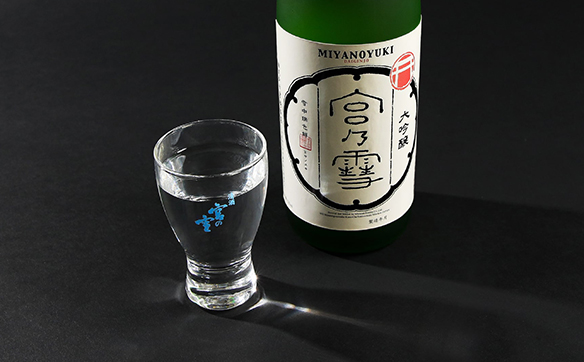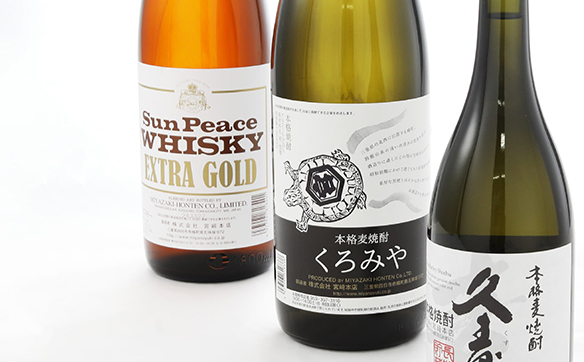Traditional Sake Brewing Registered as UNESCO Intangible Cultural Heritage
On December 4 (December 5 at 4 a.m. Japan time), the Intergovernmental Committee of the United Nations Educational, Scientific and Cultural Organization (UNESCO) deliberated on Japan’s “Traditional Sake Brewing” and unanimously decided to register it as an Intangible Cultural Heritage.
“Traditional Sake Brewing” refers to the brewing techniques developed over centuries by master brewers (Toji) and brewery workers (Kurabito), using koji mold. The foundation of these methods is said to have been established over 500 years ago.
These techniques have evolved to suit the diverse climates and regions of Japan, contributing to the production of sake, shochu, awamori, mirin, and more.
This registration offers a valuable opportunity to share the excellence of traditional brewing methods utilizing koji mold with people both in Japan and worldwide. It is worth noting that sake and shochu are unique in their use of koji mold, a fact now globally recognized.
This honor not only reaffirms the value of sake but also presents a chance for people, including those over 20 years old and those who have yet to try sake, to experience the unique taste of this internationally acclaimed brewing method. We hope this will inspire more people, both in Japan and abroad, to develop an appreciation for sake.
Moving forward, we believe it is essential to preserve the traditional brewing methods and flavors while continuing to innovate and create products that align with the times.



